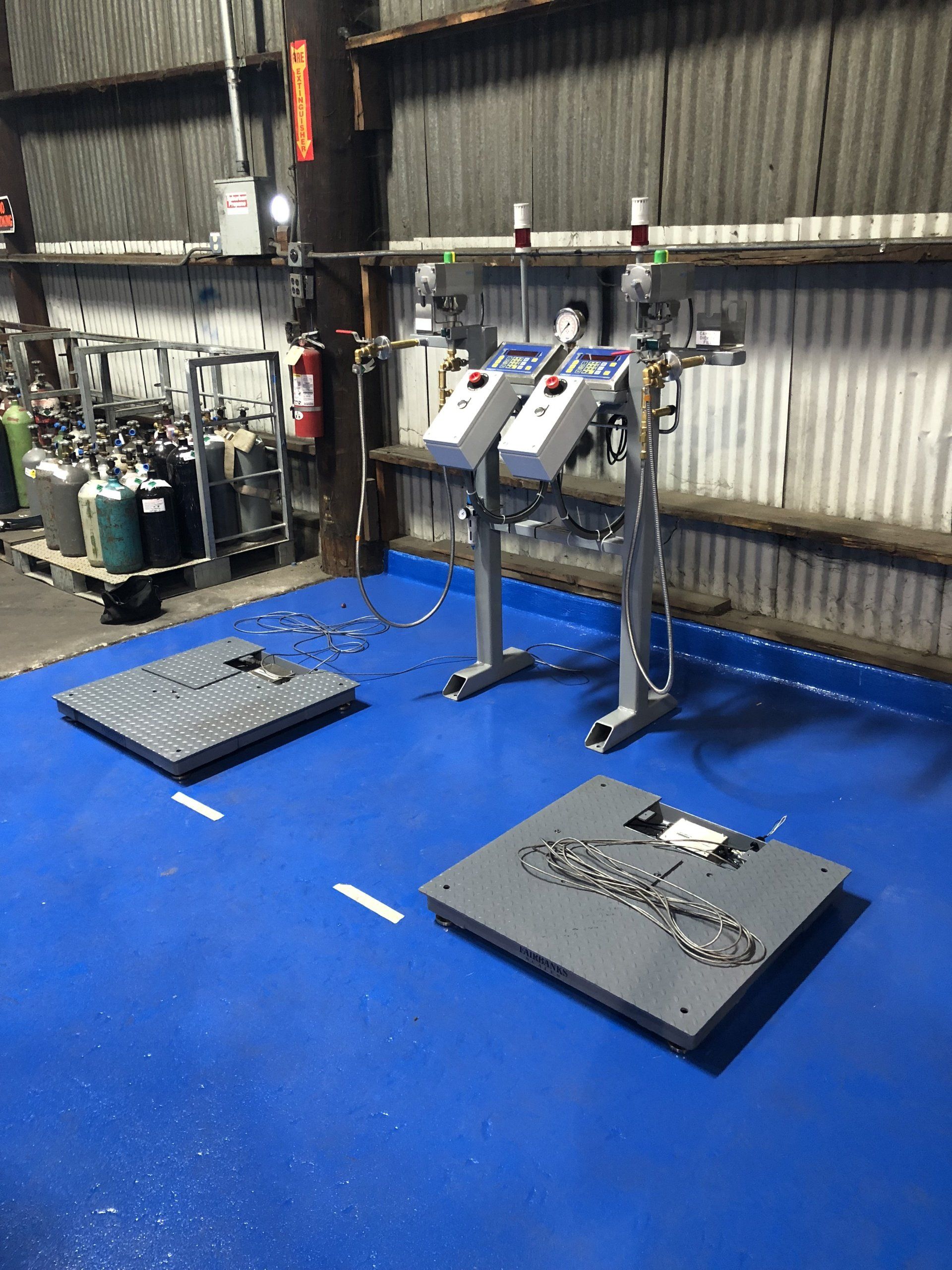Repairs and Rentals
Specializing in Electronics
FREE CONSULTATION
Repairs and Rentals
Specializing in Electronics
FREE CONSULTATION
6 Factors to Consider WhenRenting an IndustrialFloor Scale
- By Admin
- •
- 27 Sep, 2018

If you need to measure weights as part of your industrial operation, you'll have many options to choose from when you're renting an appropriate scale for your needs.
You need to factor all of the relevant considerations into the equation to ensure that your weighing tasks are completed as quickly, accurately, and efficiently as possible.
The following are six important factors to consider when you rent an industrial floor scale.
1. The Necessary Units and Increment Precision
Different industrial scales offer different units of measurement as well as different levels of precision.
Before you select an industrial floor scale, decide whether you need weights measured down to the nearest kilogram, gram, or milligram. You also need to decide which units you'll be measuring your weights in.
2. The Ways You'll Use Weight Information
Your industrial operation is more efficient when you integrate equipment so that you don't have to spend time transferring information between equipment pieces.
A scale that is integrated with facility automation technology, computer systems, Wi-Fi, and Bluetooth can make it so that weight and scale data are instantly transferred to all of your most important equipment pieces.
If you're weighing products in preparation for shipping, you can even integrate modern scales with your system so that scales can automatically produce shipping labels. Taking advantage of scale automation will boost productivity and make the job of managing your facility easier.
3. The Weight Capacities You'll Need to Reach
Every scale has a weight capacity above which it can't measure. If you exceed this weight, your scale won't just not be able to measure the load - the load could also cause damage to the scale.
Make sure you're aware of the maximum capacity on any scale you use. Before you decide on a rental scale, figure out the maximum weight you'll need to measure and select a scale accordingly.
4. The Size of the Scale Platform
Floor scales consist of a platform on which the load is placed. If you're using a floor scale for industrial purposes, you're probably going to be weighing items placed on pallets or placing boxed or packaged items directly on the scale platform.
The more loads you can weigh at once and the more you can group the loads together, the more efficient your weighing processes will be. Choosing a scale with a larger platform might make it easier to get your weighing tasks done. On the other hand, scales with smaller platforms sometimes offer greater precision and are more portable.
5. The Space Available for Scale Placement
Industrial floor scales take up space around a manufacturing facility. For this reason, you need to carefully measure your existing facilities and determine where you're going to locate your scale. You also need to plan out scale placement to maximize worksite efficiency and avoid production bottlenecks.
Rented scales will need to be delivered to your facility, and the longer the delivery takes the more your rental is likely to cost. Making the delivery process as simple as possible by strategically locating your scale could save you money.
Unfortunately, facility managers often make the mistake of placing their scale so that it creates an obstacle and is more difficult than it should be to deliver. Managers should plan out their workflow and locate their industrial scale so that it is close to items that need to be weighed.
If you are looking to rent an industrial floor scale in the Modesto area, contact Carlson Scale, Inc., to learn about the equipment we have available. We have a variety of floor scales to choose from. Call us today for more information.
Contact Information
Email: Teri@carlsonscaleshop.com
Phone: (209) 523-3898
Mobile: (209) 985-2039
Email: Teri@carlsonscaleshop.com
Phone: (209) 523-3898
Mobile: (209) 985-2039




Regular Business Hours
| Mon-Fri | 7:00 AM - 3:30 PM |
| Sat-Sun | Close |
Public Scale Hours
| Mon-Wed | 8:00 AM - 3:00 PM |
| Thurs Fri |
By appointment only 8:00 AM - 2:30 PM |